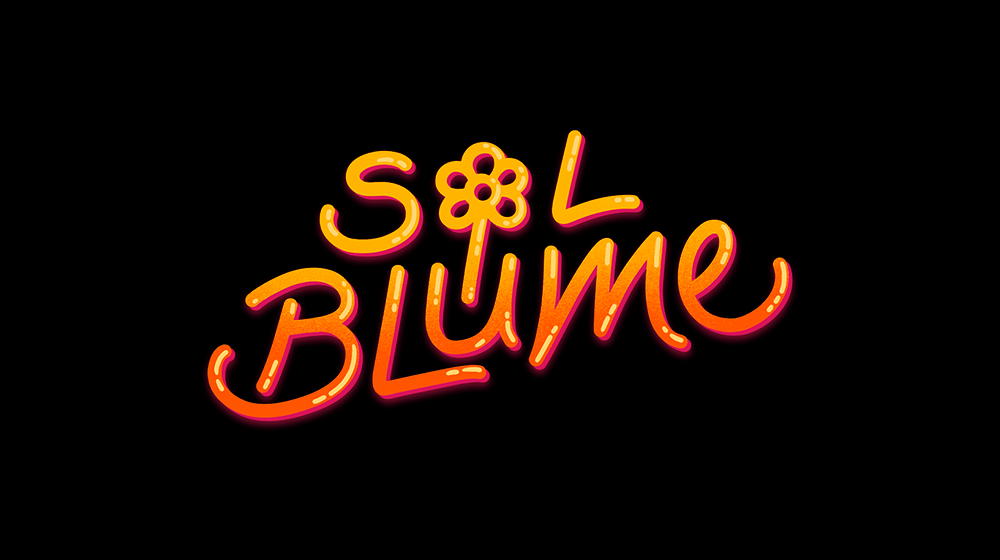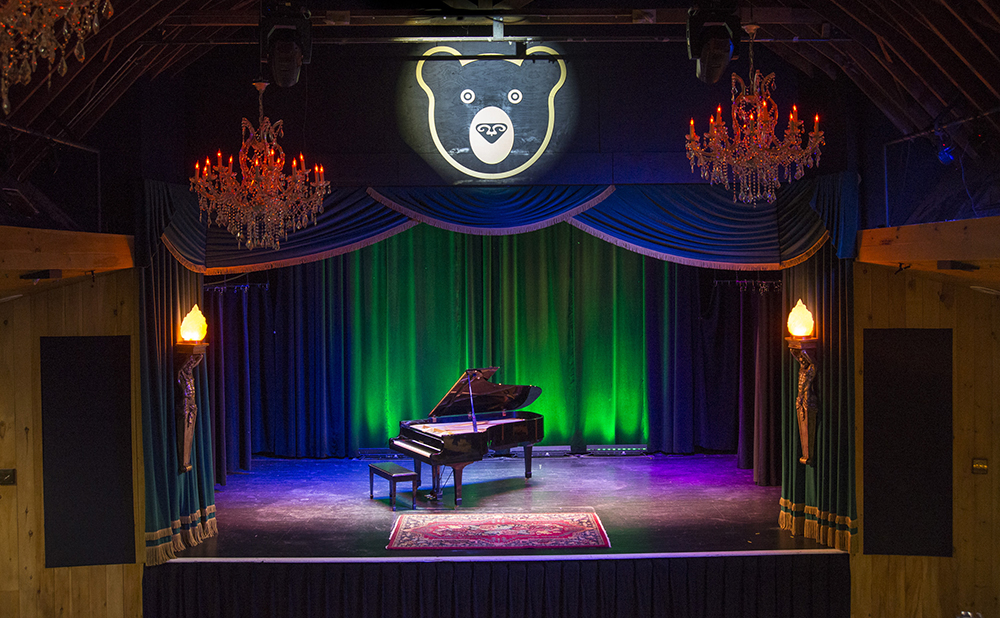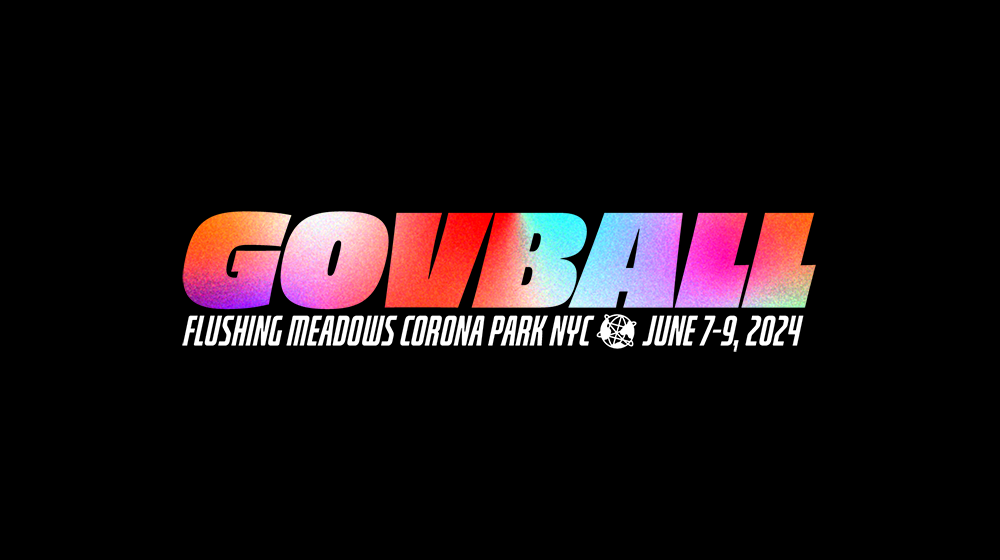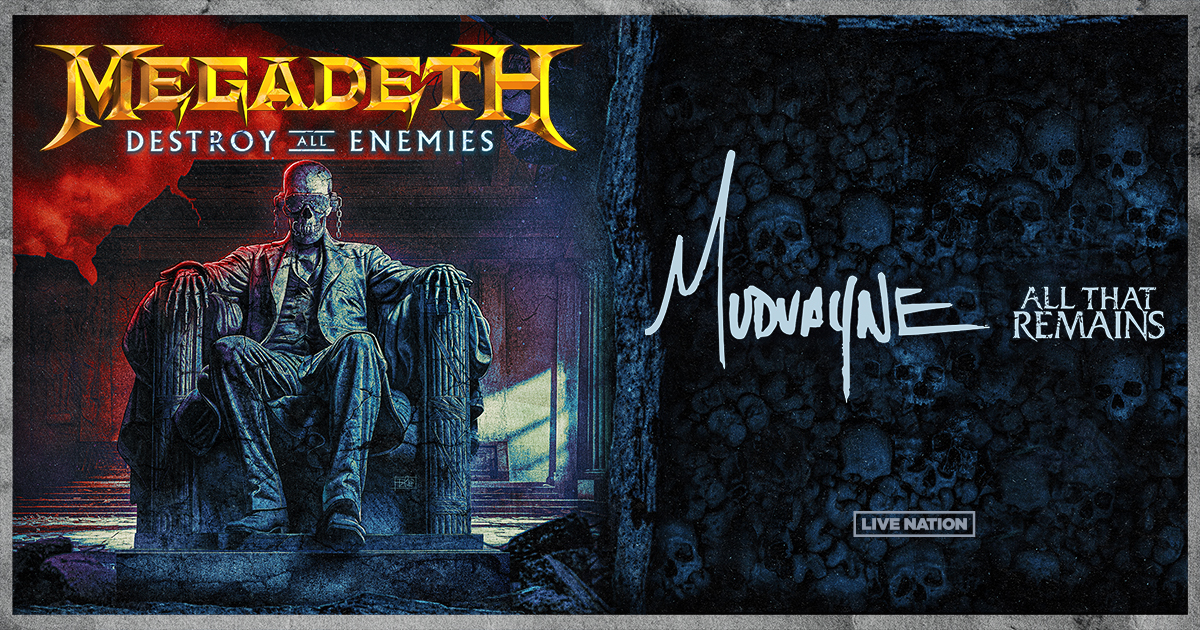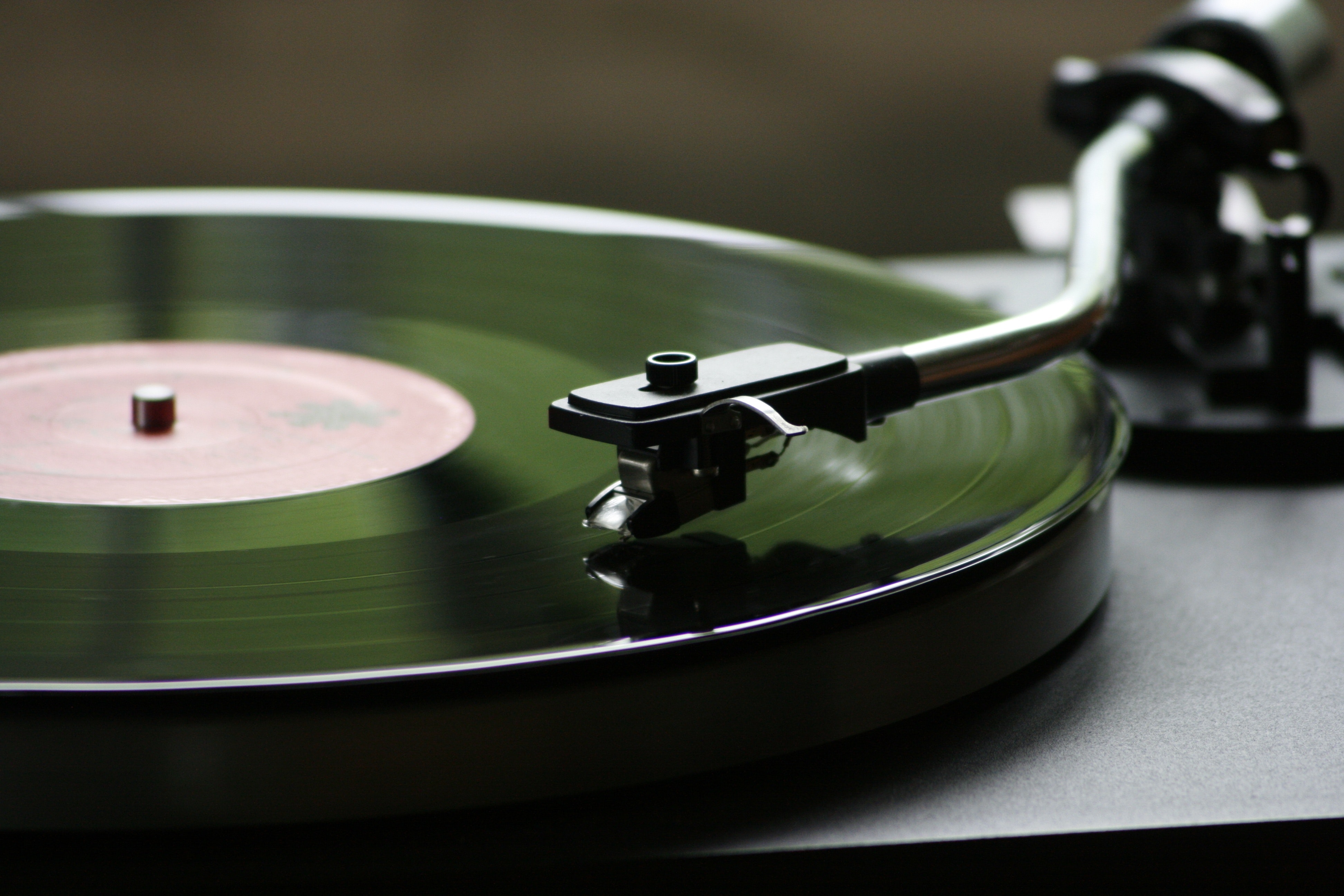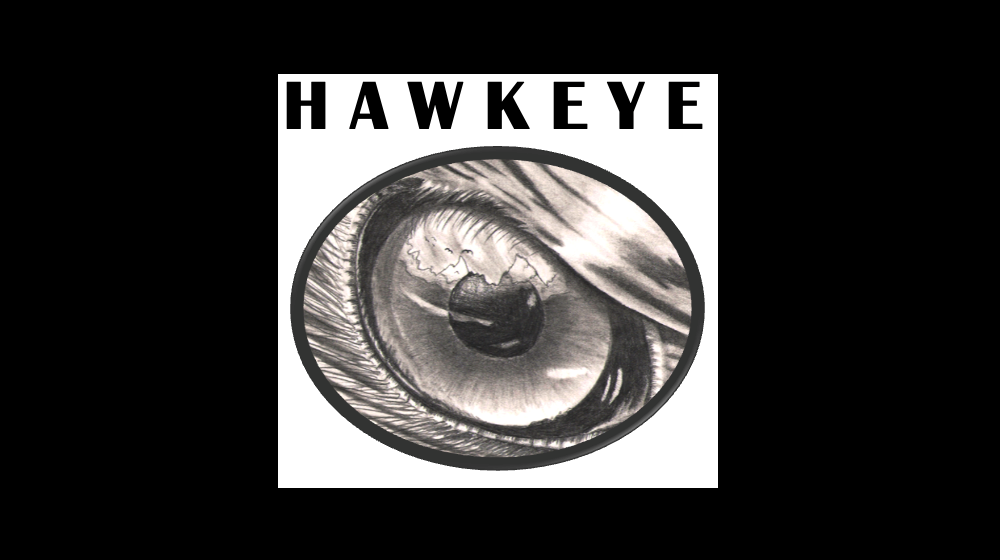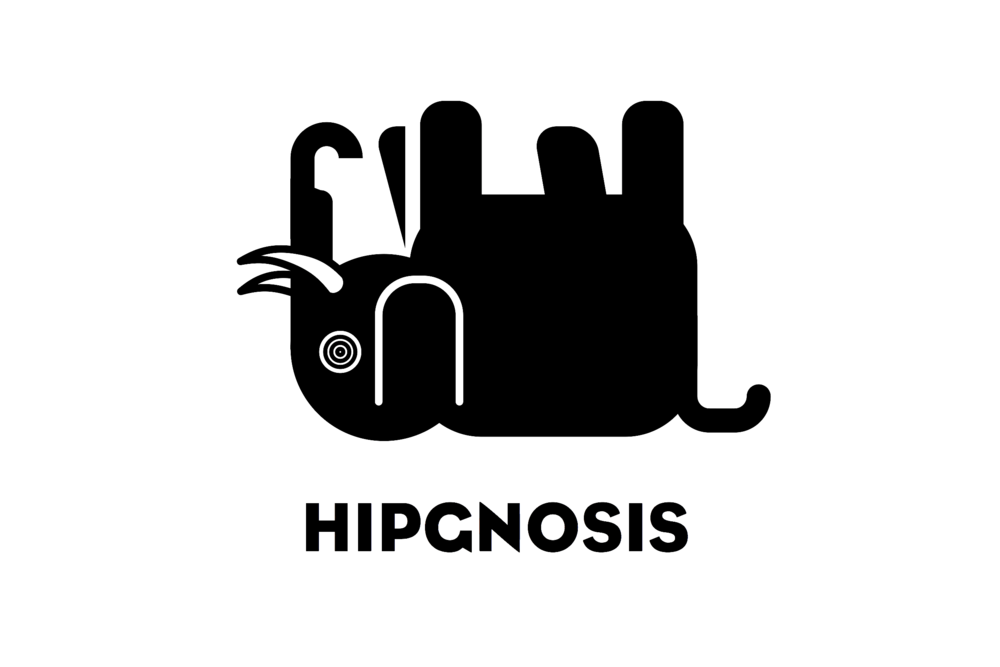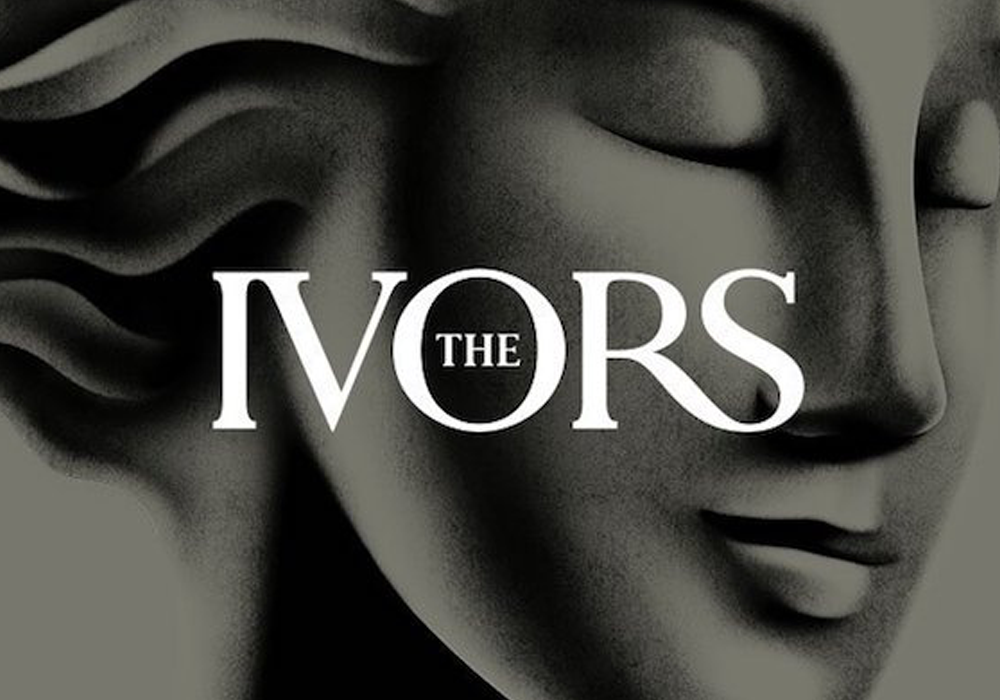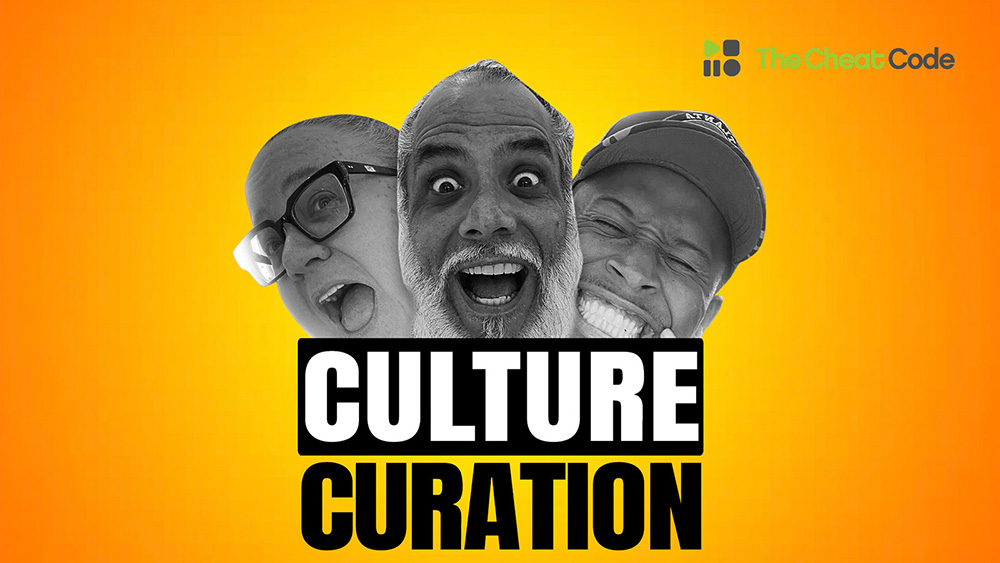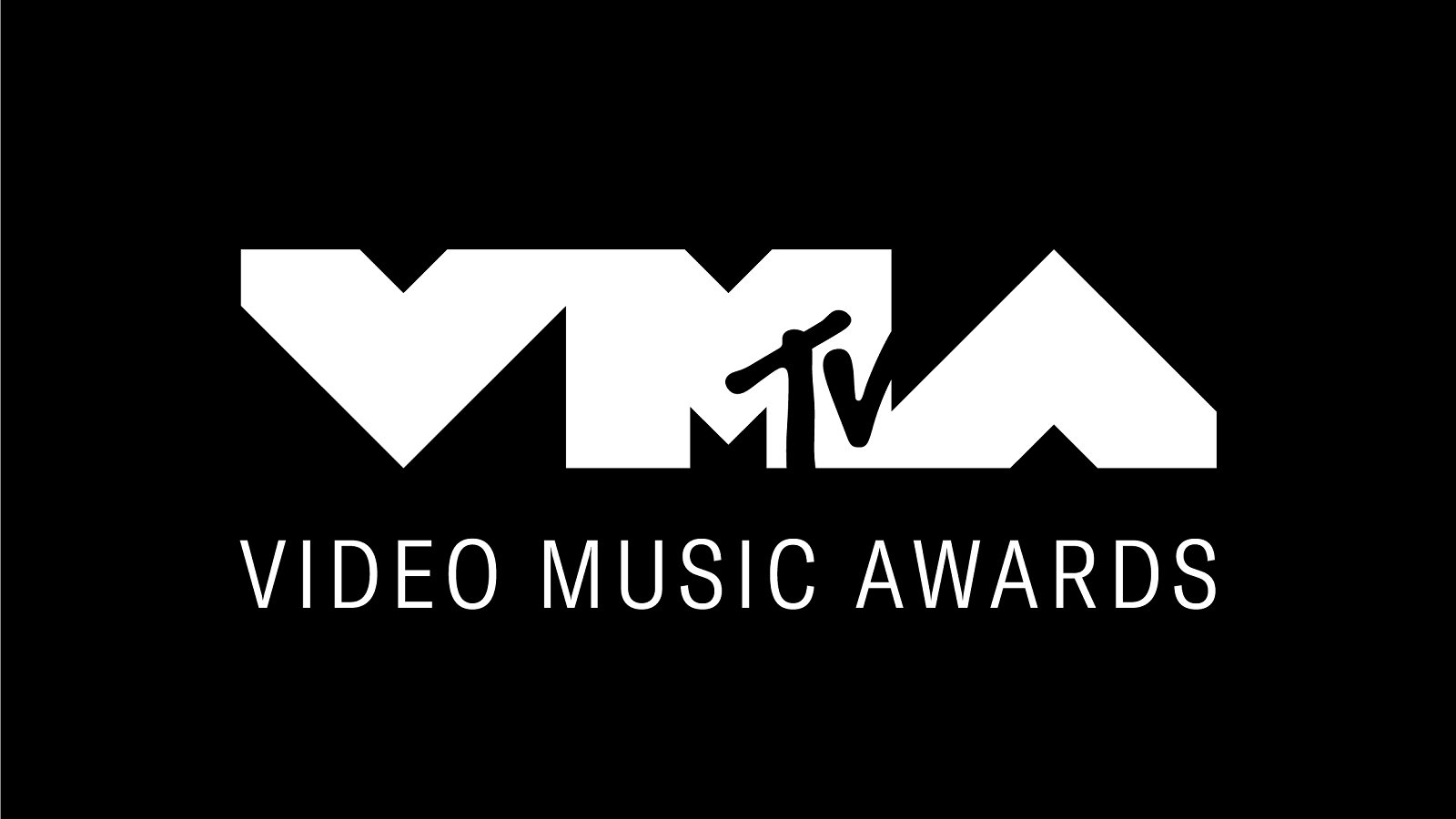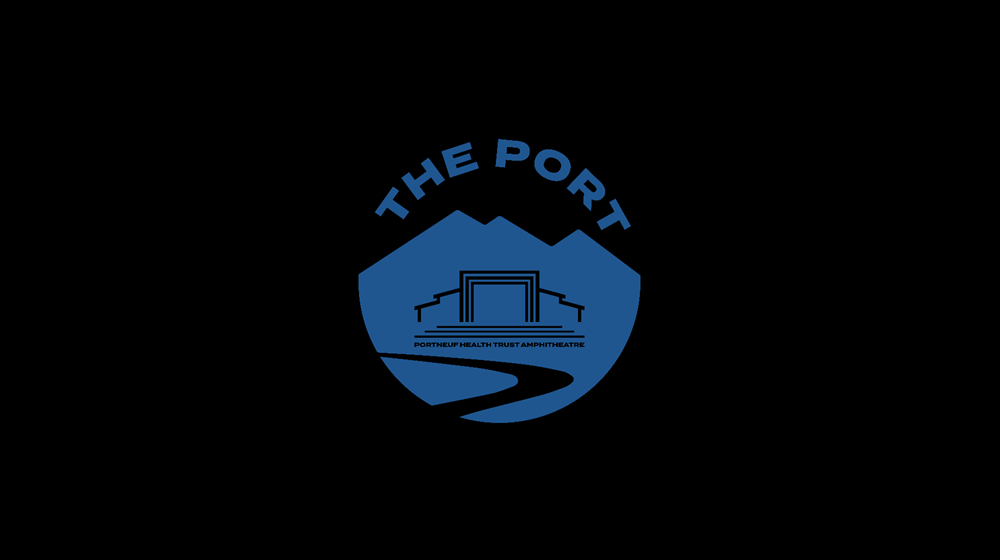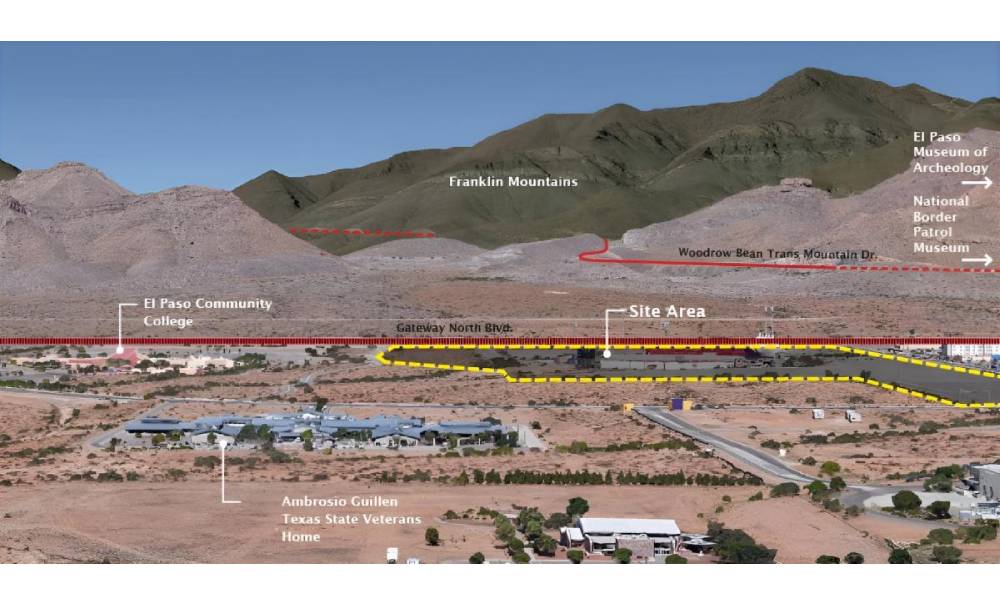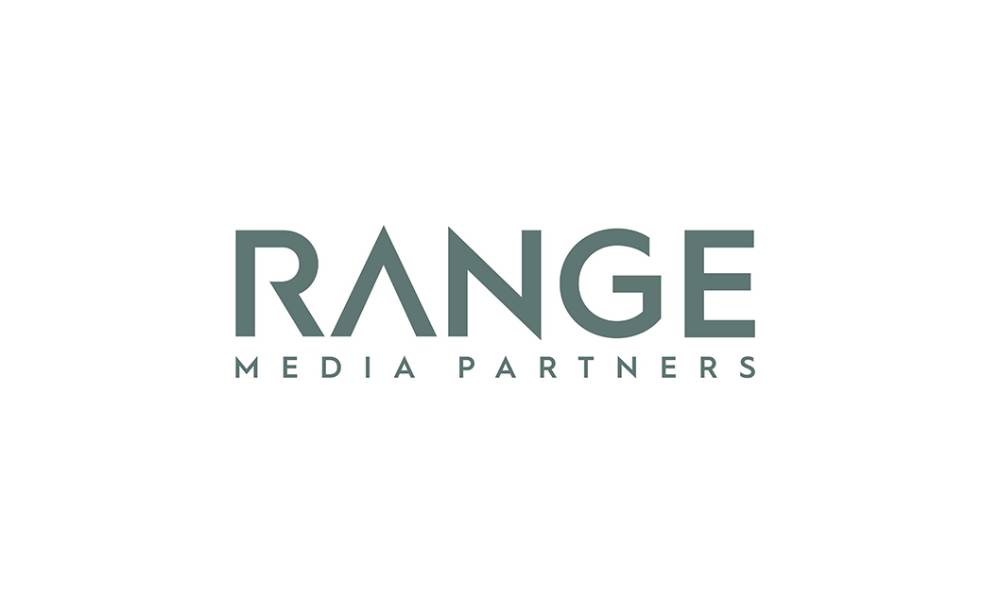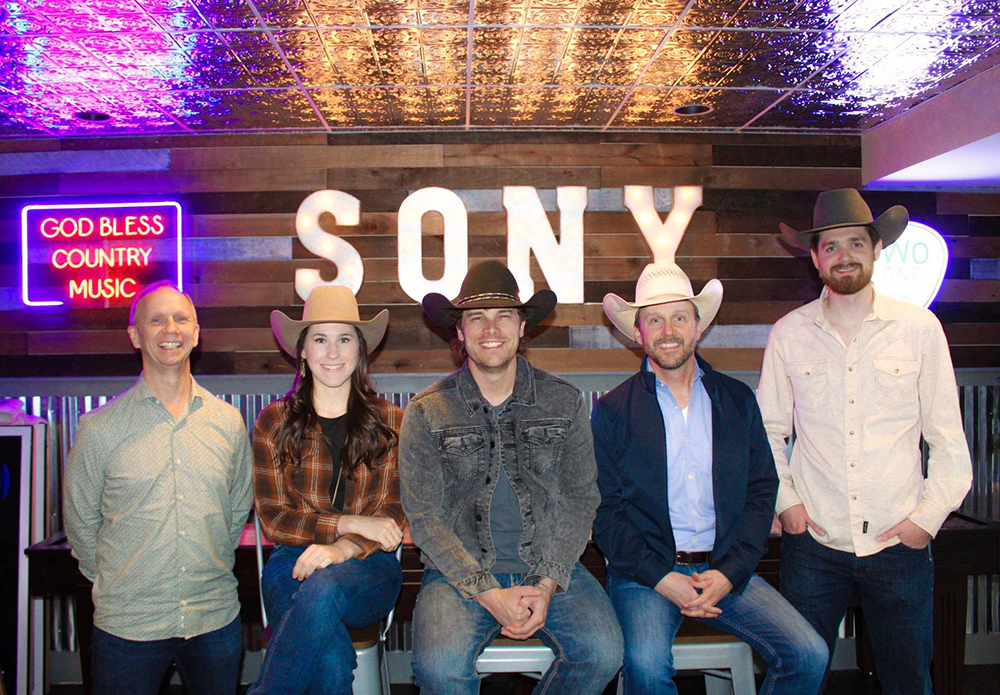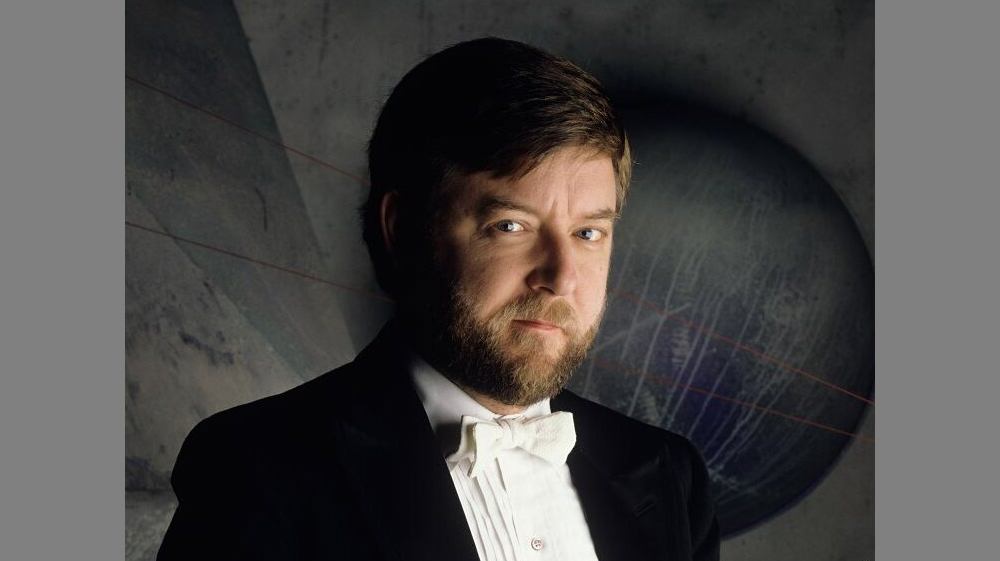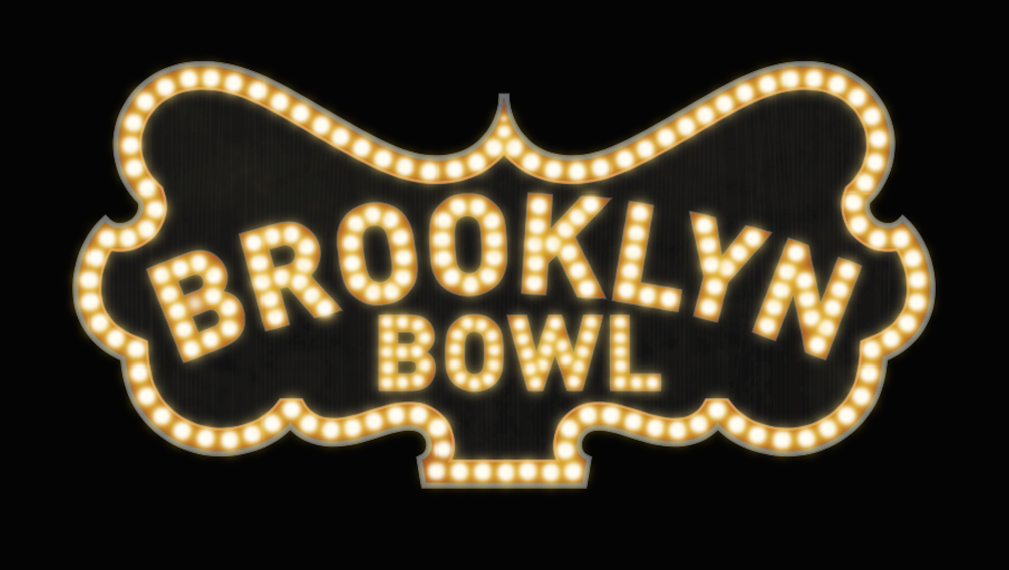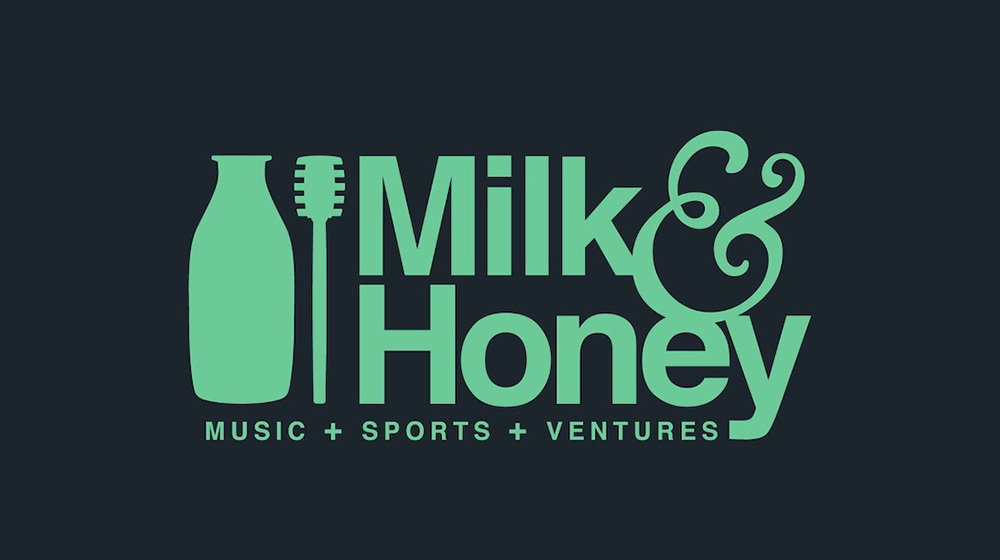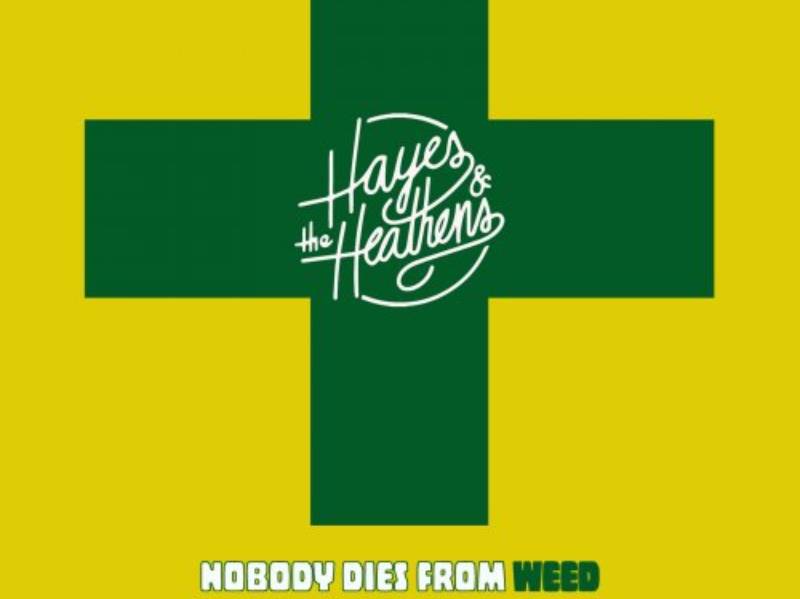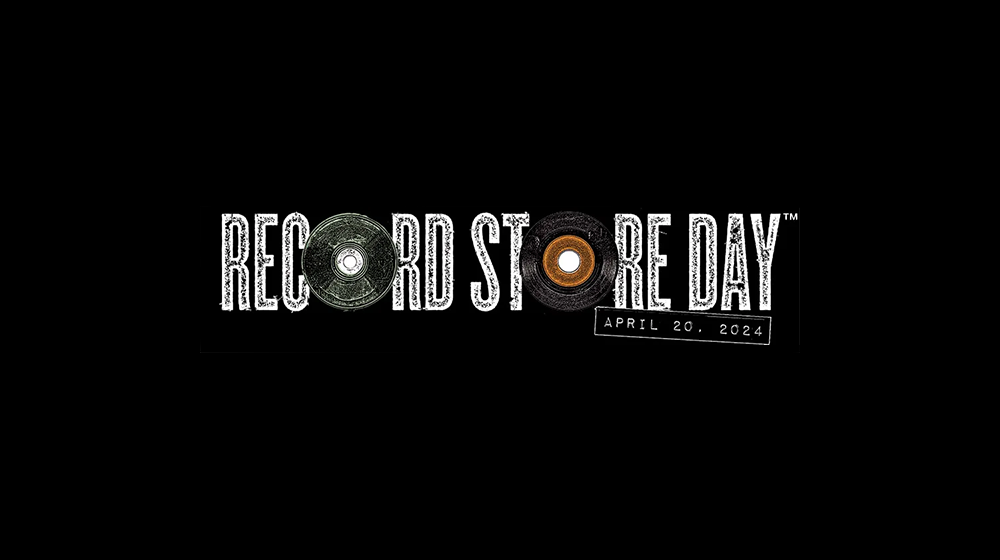
ARTISTdirect has received notification from the Nasdaq that its common stock will be delisted from the Nasdaq Stock Market effective May 9, 2003.
In a statement, ARTISTdirect stated, "The Company has determined that it will not be able to achieve and sustain compliance with these Nasdaq listing standards in a timely manner and, therefore, will not appeal the delisting determination."
Nasdaq also noted that the Company had not paid its 2003 Nasdaq National Market listing fee.
Beginning on May 9, ARTISTdirect common stock will be eligible for trading on the Over-the-Counter Bulletin Board (OTCBB). The Company's ticker symbol will continue to be ARTD.
 Anti-Piracy Laws Criticized As Too Broad
Anti-Piracy Laws Criticized As Too Broad
 NEW YORK (AP) — A few weeks ago, Tom Liston stopped giving away his popular security software.
NEW YORK (AP) — A few weeks ago, Tom Liston stopped giving away his popular security software.
Liston, a network administrator in McHenry, Ill., got wind of a new Illinois law designed to thwart thieves of Internet music and video services. Although his project has nothing to do with piracy, Liston thought the law could also ban the software.
More than a dozen other states have enacted or are considering similar measures after intense lobbying by Hollywood, cable TV providers and pay channels.
The legislation intends to update cable and telecommunications theft laws for the Internet age, outlawing software for downloading movies from the Movielink site without paying and smart cards for getting free satellite, cable or Internet service.
The measures even bar attempts to hide such conduct.
And that has Liston worried, because his software uses concealment to lead hackers and computer viruses astray. In Illinois, felony penalties run to $25,000 and five years in prison.
Critics say the measures not only stifle innovation but could be interpreted as outlawing such common devices as video recorders and music players.
Though movie studios and cable operators deny any sweeping intent, Liston isn't taking any chances. "Until somebody is a test case, you don't know how they are going to interpret it," he said.
Delaware, Maryland, Michigan, Pennsylvania and Virginia have similar laws and versions await governors' signatures in Arkansas and Colorado. Florida, Georgia, Massachusetts, Oregon, South Carolina, Tennessee and Texas have bills pending.
The Motion Picture Association of America and the Broadband and Internet Security Task Force, a coalition of major cable operators and pay channels, say such measures address industry convergence: Cable operators now provide data and phone services, while Web sites sell movies.
In addition, some state laws are vague on piracy techniques like smart cards that are altered to unscramble transmissions, said Vans Stevenson, the MPAA's state lobbyist.
The new measures attempt to close those loopholes by broadly defining communications services as not just cable and phone but "any service lawfully provided for a charge or compensation."
Critics read the provision as allowing service providers to prohibit anything they don't like — such as digital video recorders that skip commercials or MP3 music players that connect to online music services.
They also say service providers could thwart competition by consenting only to VCRs, TVs and other gadgets from their partners.
Further, they say, violations of service agreements could now become criminal conduct rather than simple breaches of contract. Sharing Internet access over open wireless networks — or even beaming a TV signal to another room with that technology — could be criminalized.
"These laws are really talking about trying to regulate what somebody can do with the services they have already paid for," said Robin Gross of IP Justice, a civil liberties group that focuses on intellectual property.
Supporters say they were taken aback by recent criticisms. They say their efforts go back to 1999 in Pennsylvania and won blessings of current opponents like Verizon Communications Inc., which changed its stance after lobbyists more familiar with copyright law took a closer look.
People "are seeing demons in these bills, where there are no demons," Stevenson said.
Geoffrey Beauchamp, an attorney for the cable group, said the measures' vague language is meant to cover technologies not yet invented.
Although the model legislation has been amended to address concerns, critics say it is still too broad and could produce unintended harm.
They point to the federal Digital Millennium Copyright Act. Though the 1998 law was aimed at protecting copyright works, it has been cited in recent efforts, among others, to thwart companies that make competing printer cartridges.
Others fear the concealment provision also could ban security firewalls, encrypted virtual private networks for telecommuters and systems designed to preserve anonymity and protect privacy.
Supporters say the measures would apply only to services that require payment. Thus, pirated movies on free file-sharing networks wouldn't be covered.
And violations of service agreements would remain contractual breaches, the MPAA's Stevenson said, unless the violation's purpose was to avoid payments — such as additional fees cable operators might charge to hook up additional computers through a wireless network.
Sarah Deutsch, associate general counsel at Verizon, said the MPAA's involvement with telecommunications bills makes them suspect.
"It's not because they are concerned of the theft of Verizon's signal," she said. "They are concerned about theft of copyrighted works."
On the Net: MPAA
 Music Industry Fights Piracy on 2 Fronts
Music Industry Fights Piracy on 2 Fronts
 LOS ANGELES (AP) — Nearly two years after it sued Napster into submission, the recording industry has discovered it's not enough to try to beat Internet music purveyors whose digital distribution techniques allow copyright violations. It also has to join them.
LOS ANGELES (AP) — Nearly two years after it sued Napster into submission, the recording industry has discovered it's not enough to try to beat Internet music purveyors whose digital distribution techniques allow copyright violations. It also has to join them.
To discourage piracy, the multibillion-dollar industry has in recent months moved beyond lawsuits against file-swapping services. It has employed hacker tactics to flood such sites with bogus files and even taken to suing students who created mini-Napsters on college networks.
At the same time, however, the music labels have finally embraced the very online distribution model many had long resisted, one that analysts called inevitable if they are to weather the digital revolution.
Their deal with online music store Apple Computer Inc. and its CEO Steve Jobs places virtually no restrictions on what users can do with each song they download for 99 cents — the only obstacles are for true pirates who would attempt mass-producing duplicates.
Universal Music Group Chairman Doug Morris called the Apple service "a defining moment in the music business." Whether it will make a dent in the online free music bazaar is another matter.
"We're in a period of transition, and I think it's a very important time for the industry," said Cary Sherman, president of the Recording Industry Association of America (RIAA). "There's a tremendous challenge in terms of migrating consumers from illegal activity."
That challenge begins with young downloaders.
Ryan McNair, 22, of Los Angeles, said he doesn't intend to stop using the free services in favor of fee-based ones.
"It's just like, why pay for it when it's free?" he said.
Since its 2001 court victory against Napster, the industry has failed to shut down a host of file-swapping services, through which some 3 billion files are being traded monthly.
It suffered a setback last week when a federal judge ruled that two of the most popular services — Grokster Ltd. and StreamCast Networks Inc., which distributes Morpheus, were not liable for copyright violations by users because, unlike Napster, they are not central clearinghouses.
A similar lawsuit filed by the music and movie industries is still pending against Kazaa, the largest online file-sharing service.
The music industry also sued four college students for operating computer networks that allegedly offered thousands of songs for illegal downloading. The suits were settled Thursday, with the students agreeing to pay as much as $17,500 in damages while shuttering their sites.
Record companies have also flooded computer users with bogus, garbled music files to discourage free downloading. Madonna's label recently sent networks fake versions of one of her new songs that included a recorded jab for stealing her music.
And this past week, the RIAA began contacting individual users who offer copyright music on file-swapping networks, warning them via electronic messages that they are breaking the law.
"Everything is on the table," Sherman said of the expanding legal offensive against individual downloaders and uploaders.
Analysts say some 500,000 consumers were paying for digital music before Apple's launch this week — compared to the tens of millions who download songs routinely from unauthorized file-sharing networks.
And that's why some music executives think they have little to lose by backing the new Apple service, given that it's so far only available for Apple computers, which comprise less than 3 percent of the desktop computer market.
"If it doesn't work, in other words if the pirates somehow take advantage of this and run amok within this controlled experiment, it's unlikely they'll transplant it to the Windows world." said Phil Leigh, an analyst at the research firm Raymond James & Associates.
Apple has said it plans to offer a Windows version later this year.
Apple's iTunes Music Store differs radically from competitors pressplay and MusicNet, both with ties to record companies, and the independent Rhapsody by Listen.com, because the competitors remain wedded to cumbersome copy-protection technology.
"MusicNet and pressplay are both creations of the record labels, partly owned by the labels," Leigh said. "Apple is not just a puppet of the labels. … (Jobs) negotiated something that made much more sense to the consumers."
None of those services releases figures on the number of songs downloaded from the sites. Apple also has declined to release figures. But Billboard magazine, citing industry sources, said 275,000 songs were downloaded in the first 18 hours after the service launched on Monday.
Faced with the changing distribution landscape that the Internet and digital technology have forced on it and shifting consumption habits, the music industry has been on a slow slide.
After nearly two decades of consistent growth, it saw 5 percent declines in revenue in both 2000 and 2001, and an estimated 10 percent drop in 2002, said Michael Goodman, senior analyst at the Yankee Group in Boston.
As CD sales have dwindled, retailers have reduced the variety of CDs they carry, which has led to less product being distributed. That lack of selection may have driven even more fans to download songs from illegal sites.
The industry may want to tread more lightly in pursuing individual users, said Goodman, because people who download, even through free services, also tend to buy lots of music.
"The people who are downloading are the true music aficionados," said Goodman. "They get it every way they possibly can."
 Rap and Dance Music Most Downloaded
Rap and Dance Music Most Downloaded
Nielsen//NetRatings reports that rap music is the most popular genre purchased by Internet users downloading music. According to the latest data from the Nielsen//NetRatings Plan service, online music enthusiasts were 111 percent more likely to purchase rap music than the average Internet user over the past three months. Dance and club music held the second spot, with downloaders 106 percent more likely to have purchased dance and club music than the average Internet surfer and 77 percent more likely to purchase alternative rock. R&B/soul music and rock rounded out the top five.
Nielsen//NetRatings reports that nearly 31 million active Internet users, or 22 percent of the active Internet population ages 18 years old and up, downloaded music in the past 30 days and 71 percent of this audience purchased music in the past three months.
"Recording industry executives are devoted to finding a successful business model for selling music online," said Greg Bloom, senior Internet analyst, Nielsen//NetRatings. "The de facto standard may be a few years away, but understanding the genres of music that sell well online and offline will be crucial to generating revenue along the way."
Top 10 Music Purchases During the Last Three Months by Consumers Downloading Music/MP3s in the Last 30 Days, Ranked by Index Number (U.S. Home and Work, Spring 2003 @Plan Release):
1. Rap 211
2. Dance/Club 206
3. Alternative Rock 177
4. R&B/Soul 163
5. Rock 150
6. Pop/Top 40 141
7. Soundtracks 141
8. Alternative Country 139
9. World 139
10. Blues 125
According to Nielsen//NetRatings, online surfers in Los Angeles have the highest propensity for downloading music as compared to Internet users in other cities across the country. L.A. surfers are 23 percent more likely to have downloaded music in the last 30 days than the average Internet user. New York and Dallas-Ft. Worth followed as the second and third highest ranked cities. Boston and Houston rounded out the top five regions where music/MP3 downloading occurs. "The cities in the top five, like LA and NY, are not only epicenters for music development in the country but are some of the most wired cities in the nation," added Bloom.
XM Satellite Posts $126M Quarterly Loss
WASHINGTON (AP) _ XM Satellite Radio Holdings Inc.'s first-quarter net loss widened, but revenue increased sevenfold from a year ago as subscriber rolls swelled.
Wednesday, after the financial markets closed, the satellite-radio broadcaster reported a net loss of $126.3 million, or $1.26 a share, compared with a net loss of $112.3 million, or $1.56 a share, a year earlier.
Revenue soared to $13.1 million from $1.8 million.
Subscriber revenue surged to $12.5 million from $1.4 million, while ad sales rose 15 percent to $448,000 from $391,000.
XM, which is based in Washington, transmits radio programming from satellites to home and car stereos. Many of its 101 channels of music, sports and talk, many of them commercial free.
It reported 483,075 subscribers as of March 31, a 39 percent increase from the fourth quarter and six times the subscribers from the first quarter of 2002. In April, XM announced that it had surpassed the 500,000-subscriber level.
Analysts have estimated that Sirius Satellite Radio Inc., the only company that uses similar technology, had 65,000 to 70,000 subscribers by March 31.
In morning trading, shares of XM Satellite rose 9 cents, or 0.8 percent, to $11.08 on the Nasdaq Stock Market.



















